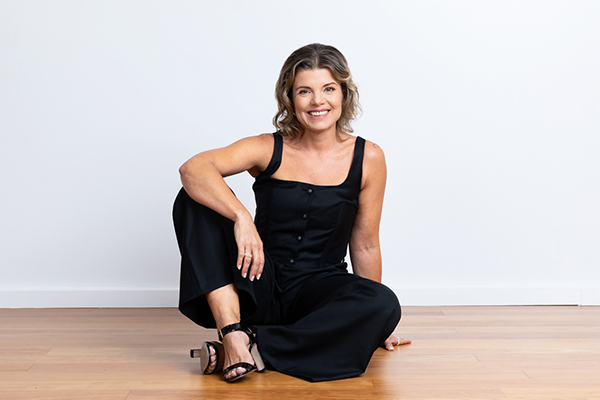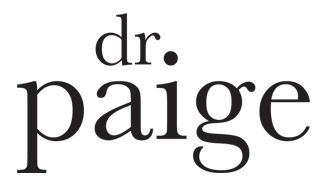Are You Using This Strategic Tool?

Are You Using This Strategic Tool?
How many ‘new’ leadership skills or tools have you read about this week? Well there’s one strategic tool that’s always in your toolkit, but I wonder if you’re using it to it’s full power?
Let’s find out…
Transcript
There’s a constant pressure for leaders to find answers to complex and changing circumstances and situations. We live in a world that demands that demands answers, and also demands that leaders provide them; it’s intense and it’s unrelenting.
The interesting thing is that in my experience it’s when I’m curious, when I’m asking well thought out strategic questions that better serves me, better serves the people I’m leading and better serves the organisations, the communities and the systems that I’m living and leading in.
Let’s be clear, I’m a BIG FAN of questions, because questions are the quickest way the most effective way to really get to the heart of the work that needs to be done. They help us seek out and draw on the collective wisdom of the people that we’re working with, that we’re living with, that we’re leading.
Questions encourage us to pause and reflect. They harness the attention that can sometimes pretty scattered and bring it into focus to explore and maybe even find a solution together.
I know that questions are fateful.
I’ve used different questions in my own life. I’ve used different questions in my work with senior leaders to orient the conversation, the attention and the intention in a particular way. And that is fateful.
Why? Because questions help us seek and find data and information, and what do we base our strategy and planning on? We base it on data and information, and what informs our action? Strategy and planning. And it all comes back to what was the question that informed the data and information, that shaped the strategy the planning, that determined the actions that we’re taking now.
Here are some of the questions I find really helpful in my work with leaders – see if they might help you ask a different question, ask a strategic question that leads to different data different planning and maybe different actions:
- Those of you who’ve been following me for a while will know that ‘What does good look like?’ is the meta great question in my world.
It helps us orient towards clarity, towards understanding and to different perspectives of the answer to that question. What does it look like for you? What does it look like for ‘them’? – family, friends, team members, clients… What does it look like for ‘us’? If we come up and out, expand our perspective and put us all together, what does good look like for us?
- ‘What’s yours to own?” is another question I often use with leaders and teams so that rather than pointing fingers out at other people, we’re checking, have I made my expectations, my needs, my desires clear? Have I done that that’s what’s mine to own and am I willing now (03:44) to listen to others perspectives on this?
- ‘How can we be better coming out of this than we were coming in?’ This is my antifragile question. It keeps us looking for learning and growth even as we are navigating and in the midst of struggle and challenge. It’s not always comfortable, but this questions invites us to be looking for the wisdom and the expansion that can come from this what might be unpleasant experience.
- ‘What do we need to accept and let go?’ is a really useful question if you work in complex systems where you don’t have control of all the factors that are influencing you.
- A couplet to finish off… ‘What culture are we creating?’ ‘What culture are we accepting?’ It’s important to ask both of these, because if we only ask about ‘creating’ we could be ignoring that we might be putting intentional effort in one area, but that is being negated by what we’re accepting and not inviting accountability to in terms of ‘bad behaviour’ over there.
These are just some of the great questions I use to help a different conversation emerge. They take us up and out, help us get to the strategic answer that we need in order to make a difference and are what I call ‘upstream’ questions: if we get the answers here it means we spend less time dealing with downstream problems and challenges.
Great questions – they’re the tool that you have always available on your leader toolbelt. No training required.
Are you using them to their full power?





